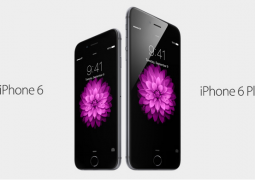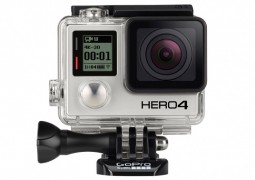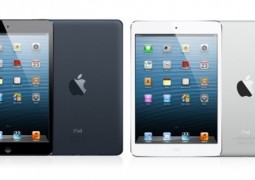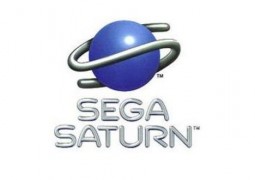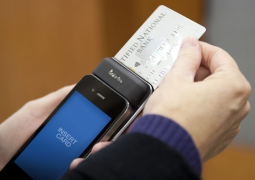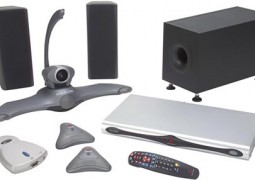The Wireless Movement is Obtaining Important Allies
by 14 May, 2013 1:51 pm0
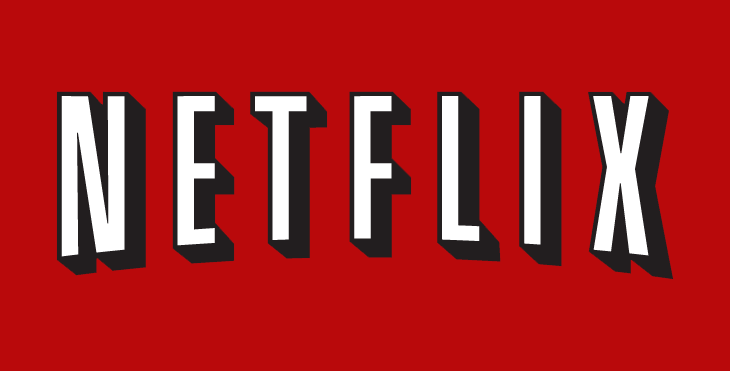
In just five years, wireless TV solutions like Netflix and Hulu have totally revolutionized the way we watch TV. Now, as major allies within the television industry begin to partner with these innovative entertainment purveyors, it seems that wireless on-demand content may become an even more indispensable staple of tube town.
Netflix And Hulu: The Wireless Mavericks
Established in 1997 as an online alternative to brick and mortar video stores, Netflix quickly expanded to include subscription rates in 1999. At first, Netflix users simply received and returned all content via mail, but in 2007, the company began to move away from DVDs towards wireless, streaming content. This service grew in popularity just as wireless television provider Hulu was established in 2008. Unlike Netflix, Hulu was created from the start as a partnership between several media corporations, including NBCUniversal. In the ensuing years, both services have continued to grow in popularity, honing their subscription models to deliver individualized wireless content accessible on a number of devices, including smartphones and game systems.
The Next Step: Allies in Entertainment
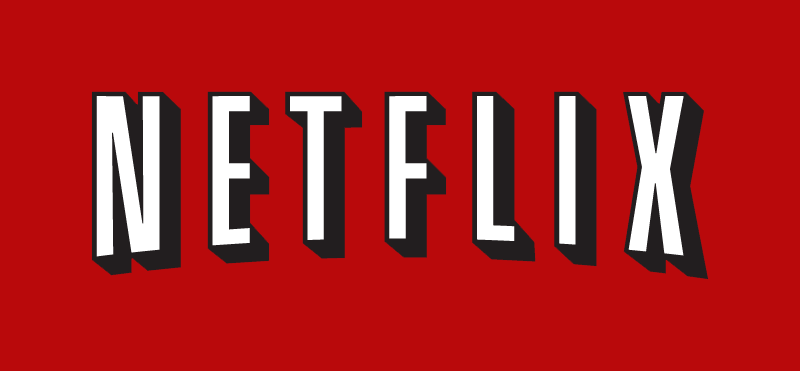 During the spring of 2013, DirecTV CEO Mike White made clear that his satellite TV corporation is more interested in collaborating with wireless partners than competing. In his remarks, White acknowledged the growing ubiquity of mobile entertainment, but maintained that home television setups will always be a vital part of Americans’ viewing habits, especially on Sundays when it’s time “to watch the game.” White states that his company is uninterested in creating a separate network to compete directly with Netflix, Hulu, and other wireless television providers; instead, DirecTV and their partners plan to work together to maximize ease of access from a variety of devices. If you’re new to DirecTV check out websites such as SaveonTVDirect.com which offer unique deals for new subscribers.
During the spring of 2013, DirecTV CEO Mike White made clear that his satellite TV corporation is more interested in collaborating with wireless partners than competing. In his remarks, White acknowledged the growing ubiquity of mobile entertainment, but maintained that home television setups will always be a vital part of Americans’ viewing habits, especially on Sundays when it’s time “to watch the game.” White states that his company is uninterested in creating a separate network to compete directly with Netflix, Hulu, and other wireless television providers; instead, DirecTV and their partners plan to work together to maximize ease of access from a variety of devices. If you’re new to DirecTV check out websites such as SaveonTVDirect.com which offer unique deals for new subscribers.
This move comes on the heels of Verizon’s acquisition of spectrum from Bright House Networks, Comcast, Cox Communications and Time Warner Cable last fall. Verizon Wireless is one of several wireless companies currently partnering with DirecTV, and their acquisition deal has already been approved by the Federal Communications Commission. The plan is not a takeover, quite the contrary. Instead, consumers are starting to see the presence of cable services and products in Verizon’s retail stores, which were formally used to sell mobile devices and phones.
This newfound spirit of working together to deliver content may come as a surprise to some consumers. As reported in the New York Times, “until recently, wireless and cable companies were arch rivals. Major cable providers owned spectrum and hoped to start their own wireless businesses, while wireless companies wanted to compete in cable.”
Instead, it appears that big television and big wireless are reaching towards one another to partner and capture as much of the possible revenue stream coming in from an increasingly entertainment hungry culture grown accustomed to accessing customized, on-demand entertainment. According to White, it’s simply not worth it to compete with successful wireless content providers. Collaboration may be unexpected, but it seems like the next big thing to come from the wireless movement.


